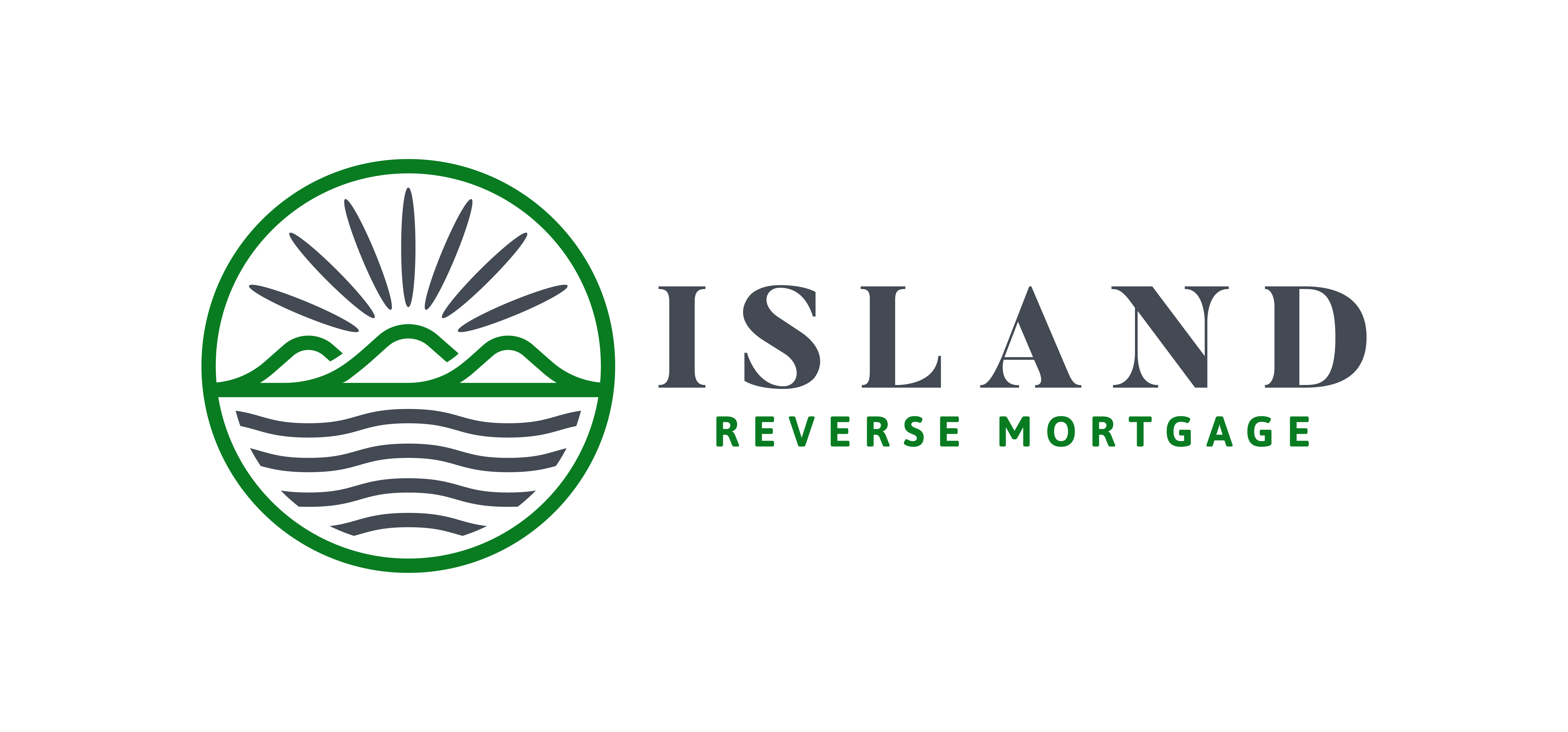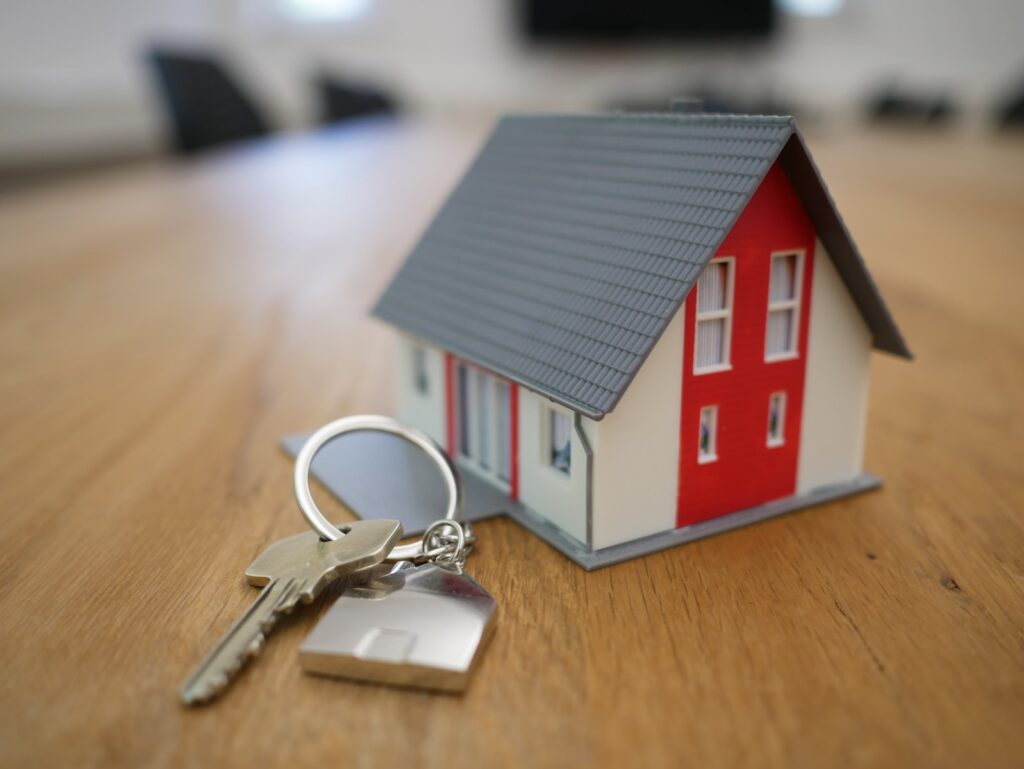Unlocking Your Home’s Value: A Guide to Reverse Mortgages
Homeownership is a cornerstone of financial stability, providing a sense of security and belonging. However, as retirement approaches, many seniors find themselves facing financial challenges that their nest egg might not entirely cover. This is where a reverse mortgage can step in as a viable financial tool. In this comprehensive guide, we’ll explore the ins and outs of reverse mortgages, helping you make an informed decision about whether it’s the right option for you.
What is a Reverse Mortgage?
A reverse mortgage is a unique financial arrangement available to homeowners aged 62 and older. Unlike a traditional mortgage, where homeowners make monthly payments to a lender, a reverse mortgage allows homeowners to convert a portion of their home equity into tax-free funds, without the requirement of monthly payments.
How Does It Work?
With a reverse mortgage, the lender pays the homeowner through various disbursement methods: a lump sum, monthly payments, a line of credit, or a combination of these. The homeowner retains ownership of the home and can continue to live there. The loan is repaid when the homeowner moves out of the home, passes away, or sells the property. At that point, the loan amount plus interest is typically settled using the proceeds from the sale of the home.
Benefits and Considerations
Benefits:
- Financial Flexibility: A reverse mortgage can supplement retirement income, cover medical expenses, or help fund travel plans.
- No Monthly Payments: As long as you live in the home, you’re not required to make monthly mortgage payments.
- Homeownership Continues: You still own your home, retaining the freedom to live there without fear of eviction.
- Tax-Free: The funds you receive from a reverse mortgage are generally not considered taxable income.
- No Loan Repayment During Residence: You don’t need to repay the loan as long as you live in the home.
Considerations:
- Accruing Interest: The loan balance increases over time due to accruing interest, which can impact the equity left for heirs.
- Eligibility Requirements: You must be at least 62 years old, own a home with substantial equity, and live in it as your primary residence.
- Upkeep and Taxes: You’re responsible for home maintenance, property taxes, and homeowner’s insurance.
- Impact on Heirs: When the loan becomes due, heirs might need to sell the home to repay the loan, potentially affecting inheritance.
Is a Reverse Mortgage Right for You?
A reverse mortgage can be a valuable financial tool, but it’s not suitable for everyone. Consider your financial goals, long-term plans, and consult with a financial advisor to ensure it aligns with your circumstances. If you plan to stay in your home for the long haul and are committed to maintaining it, a reverse mortgage could offer the financial flexibility you need in retirement.
Conclusion
A reverse mortgage can provide financial relief and peace of mind for seniors seeking to enhance their retirement years. By tapping into the equity they’ve built in their homes, they can fund various needs and desires. However, it’s crucial to fully understand the terms, benefits, and potential drawbacks before making a decision. If you’re contemplating a reverse mortgage, consult with professionals to make an informed choice that aligns with your unique financial situation and goals.

